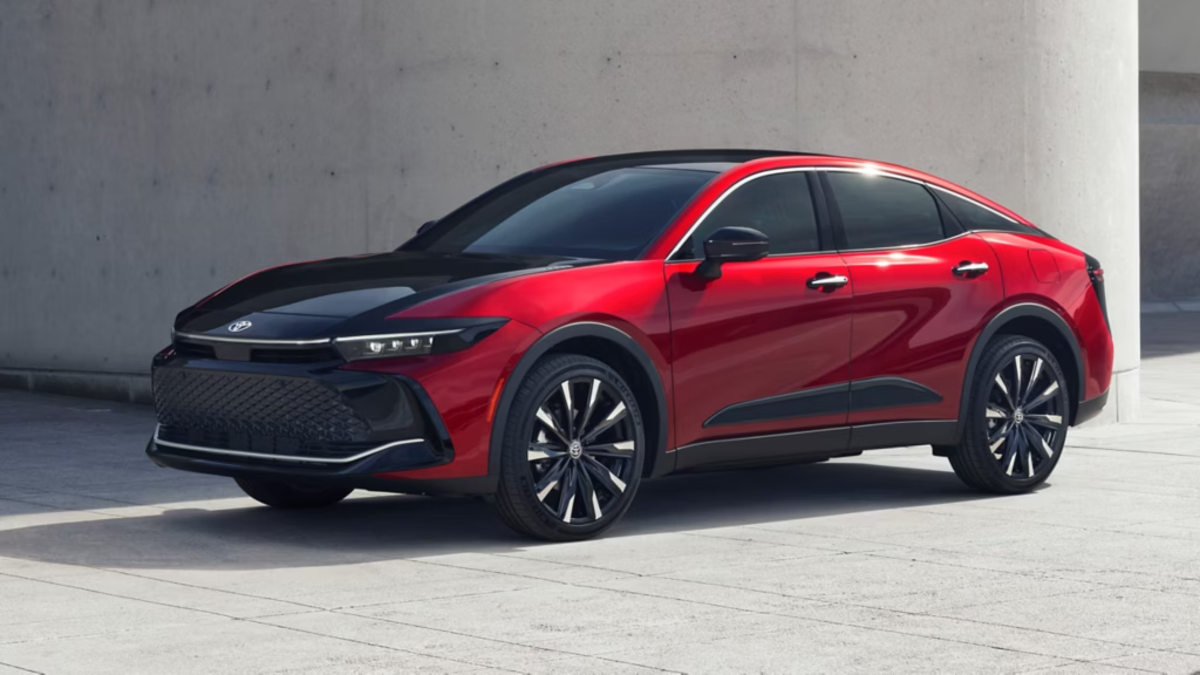Shop At Haya: Your Ultimate Shopping Guide
Discover the best shopping tips, trends, and deals for a smarter buying experience.
Hybrid Cars: The Best of Both Worlds on Four Wheels
Discover the ultimate ride! Explore the benefits of hybrid cars and why they offer the best of both worlds in fuel efficiency and performance.
Understanding Hybrid Technology: How Hybrid Cars Work
Understanding Hybrid Technology is essential in today's automotive landscape as it combines traditional combustion engines with electric propulsion. Hybrid cars utilize an internal combustion engine alongside a battery-powered electric motor to optimize performance and fuel efficiency. When driving at low speeds or during acceleration, the electric motor often takes over, drawing power from the onboard battery. This transition not only reduces emissions but also enhances fuel economy, making hybrid cars an environmentally friendly option for consumers.
There are mainly two types of hybrid systems: series hybrids and parallel hybrids. In a series hybrid, the gasoline engine acts solely as a generator to recharge the battery, driving the electric motor. Conversely, in a parallel hybrid, both the gasoline engine and the electric motor can provide power to the wheels simultaneously, allowing for flexibility in energy use. As automakers continue to innovate, understanding how hybrid technology works can help consumers make informed decisions about their vehicle choices.

The Environmental Benefits of Driving a Hybrid Car
Driving a hybrid car offers numerous environmental benefits that contribute to a more sustainable future. One of the main advantages is the significant reduction in greenhouse gas emissions. Hybrid vehicles combine a gasoline engine with an electric motor, which allows them to use less fuel and produce fewer emissions than traditional cars. According to studies, switching to a hybrid can lead to a reduction of up to 50% in CO2 emissions, making a marked difference in the fight against climate change.
In addition to lowering emissions, hybrid cars also promote better air quality. They produce fewer pollutants, including nitrogen oxides and particulate matter, which are harmful to human health and the environment. This decrease in harmful emissions contributes to cleaner air in urban areas, where pollution levels are often highest. By choosing to drive a hybrid, individuals can play a crucial role in reducing their carbon footprint and improving overall environmental health.
Hybrid vs. Gasoline: Which is the Better Choice for You?
When choosing between hybrid and gasoline vehicles, it’s essential to consider your driving habits and lifestyle. Hybrids combine an electric motor with a gasoline engine, allowing them to achieve better fuel efficiency, especially in city driving conditions. According to various studies, hybrids can often offer 50% better fuel economy than their gasoline counterparts. This not only saves you money at the pump but also reduces your carbon footprint. However, if you frequently embark on long journeys or require extensive towing capabilities, a gasoline vehicle may better suit your needs due to its typically greater power and range.
Another significant factor to weigh is maintenance costs. While hybrids can have higher initial purchase prices, they often benefit from lower maintenance expenses and tax incentives, which can make them more economical in the long run. On the other hand, gasoline vehicles tend to have a well-established maintenance infrastructure and may be simpler and cheaper to repair due to their conventional design. Ultimately, the decision on whether to opt for a hybrid or gasoline vehicle should be based on personal preferences, driving patterns, and financial considerations, ensuring you choose the option that aligns best with your lifestyle.